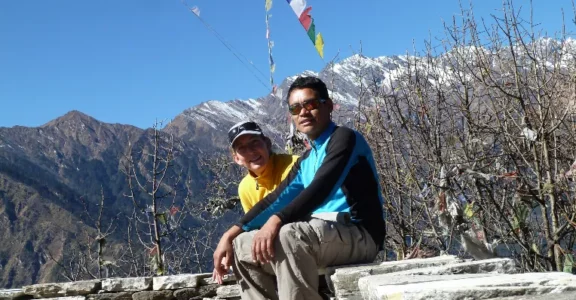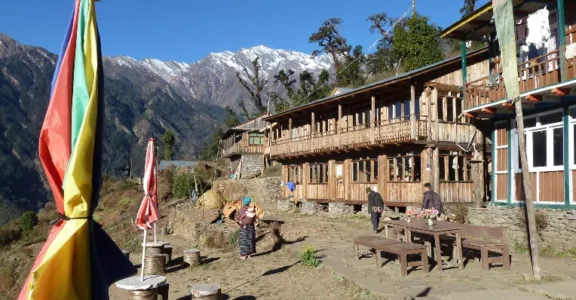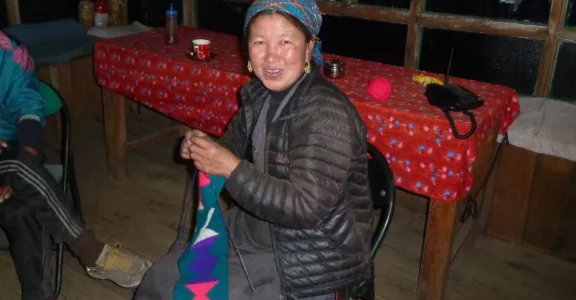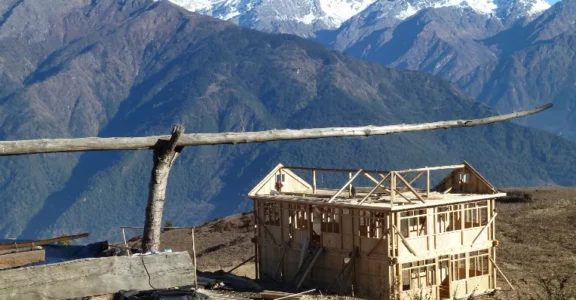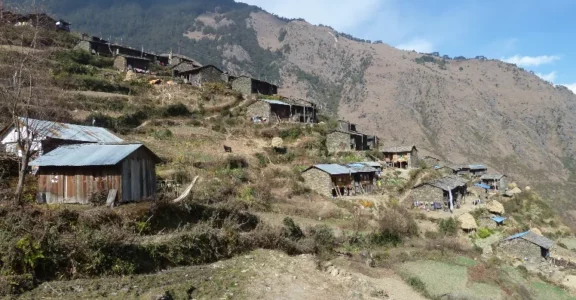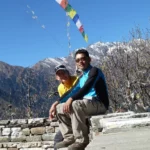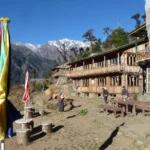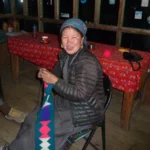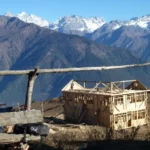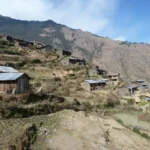132 reviews in 
Days
US$ 660
Per Person (Group Size: 1-10)
- Best Price Guarantee
- Secure Online Booking
- Flexible Booking Dates
- Decades of experience in Trekking
If you have question about Tamang Heritage Trail Trek, please fell free to ask
At a Glance
Duration
9 daysDestination
NepalTrip Difficulty
ModerateMax altitude
3800m/12467 ftGroup Size
1-10 Pax.Activity
Trekking,hiking & sightseeingAccommodation
Hotel in Kathmandu, lodge & tea houses during the trek.Meals
Breakfast, Lunch & Dinner during the trekVehicle
Private car/jeep/bus according to the group sizeOverview of Tamang Heritage Trail Trek
Tamang Heritage Trail Trek is located in the north of Kathmandu, in the Langtang region. This trail was developed by the Tourism for Rural Poverty Alleviation Program under (UNDP).
Their mean income source is a small animal trade, farming, made handy craft by them, and seals to the nearest market. Tamang people express their gratitude and their warm traditional hospitality to be a part of help. These treks share at the same time very good cultural experience and their daily lifestyle.
The trail passes traditional Tamang villages (Goljung, Gatlang, Tatopani, Nagthal, thuman (Briddim) where life, culture, Hot bath in the healing hot-water spring at Tatopani, and crafts.
We can have views of Langtang Lirung (Alt 7220m) and the Ganesh Himal range including many other peaks with beautiful landscapes of alpine terrain and rhododendron forests.
Tamang heritage homestay will be traditional. Our stay will be connected with Tamang’s old typical customs, traditions, and culture. Inhabitants here have recently adjusted to homestay trends.
Highlights of Tamang Heritage Trail Trek
- Experience the Tamang culture ,customs and tradition.
- Relaxation in Hot Springs.
- Enjoy the stunning views of different peaks like Ganesh Himal and Langtang Ranges.
- Explore the Ancient Buddhist monasteries,Chortens and Gompas.
- Chances of spotting the different wildlife like:Musk deer,Himalayan Thar,monkey etc.
Itinerary
01
Day 01 Arrive in Kathmandu,alt.1300m
Duration
30 minMax altitude
1300m/4265 ftMeals
BreakfastAccommodation
Hotel02
Day 02 Drive from Kathmandu-Dunche to Syabrubensi,alt.1400m
Duration
6-7 hrsMax altitude
1400m/4593 ftMeals
Breakfast, Lunch, DinnerAccommodation
Local Teahouse03
Day 03 Trek to Ghantlang,alt.2345m
Duration
5-6 hrsMax altitude
2345m/7693 ftMeals
Breakfast, Lunch, DinnerAccommodation
Local Teahouse04
Day 04 Trek to Tatopani,alt.2375m
Duration
5-6 hrsMax altitude
2375m/7791 ftMeals
Breakfast, Lunch, DinnerAccommodation
Local Teahouse05
Day 05 Trek fromTatopani to Naghthali Dadha,alt.3156m
Duration
5-6 hrsMax altitude
3156m/10354 ftMeals
Breakfast, Lunch, DinnerAccommodation
Local Teahouse06
Day 06 Trek to Thuman,alt.2235m
Duration
4-5 hrsMax altitude
2235m/7332 ftMeals
Breakfast, Lunch, DinnerAccommodation
Local Teahouse07
Day 07 Trek to Briddhim,alt.2240m
Duration
4-5 hrsMax altitude
2240m/7349 ftMeals
Breakfast, Lunch, DinnerAccommodation
Local Teahouse08
Day 08 Trek to Syabrubensi,alt.1400m
Duration
4-5 hrsMax altitude
1400m/4593 ftMeals
Breakfast, Lunch, DinnerAccommodation
Local Teahouse09
Day 09 Drive back to Kathmandu,alt.1300m
Duration
6-7 hrsMax altitude
1300m/4265 ftMeals
BreakfastAccommodation
HotelIs this offered itinerary not suitable for you?
Inclusion/Exclusion
What's Included?
- Airport pickup and drop.
- Hotel in Kathmandu.
- Three times meals on the trek(Breakfast,Lunch and Dinner).
- Hot drinks Tea or coffee.
- Fresh fruit after dinner everyday.
- Accommodation on a normal basis twin sharing room.
- Experience English speaking guide.
- Porter(2 people = 1 porter)each porter carries max 20-25 kg.
- Langtang National Park fee.
- TIMMS card.
- Rural municipality entrance fee.
- All the ground Transportation.
- First aid kit.
- Nature explore trek down jacket(refundable after the trip).
- Duffle bag for the trip(refundable after the trip).
- Last night dinner at Nepali Kitchen with cultural dance show.
- Nature Explore t-shirt.
- All the Trip Necessary documents.
- Gov.Vat and Tax.
What's Excluded?
- Personal Insurance
- International Airfare.
- Lunch and dinner in Kathmandu.
- Trekking equipment.
- All types of beverages.
- Extra expenses like battery charger,Wi-fi,Hot shower,Laundary during the trek.
- Tipping for staff.
Trip Information
We are updating the contents.
Tamang Heritage Trail Trek FAQ'S
Q
What is the altitude of the Tamang Heritage Trail?
The highest point on the Tamang Heritage Trail Trek is around 3,870m(12,696 ft) at Naphtali Hill.The average elevation along the trail ranges from 1,500m(4,920m) to 3,870m (12,696 ft)
Q
Is the Tamang Heritage Trail Trek difficult?
The Tamang Heritage Trail Trek is considered a moderate trek,suitable for trekkers of all ages with a reasonable level of fitness.The trek involves both uphill and downhill sections and the trails are generally well-maintained.
Q
What can I expect to see along the Tamang Heritage Trail?
Along the Tamang Heritage Trail,trekkers can expect to see the Traditional Tamang villages,Buddhist monasteries,lush green valley,terraced fields and panoramic views of snow-capped Himalayan peaks including Langtang Lirung,Ganesh Himal and Jugal Himal.
Q
When is the best time to do TamangHeritage Trail Trek?
The best time to do the Tamang Heritage Trail Trek is during the spring (March to May) and autumn(September to November) seasons.During these months,the weather is generally stable with clear skies and moderate,offering the best trekking conditions.
Q
What permits are required for the Tamang Heritage Trail Trek?
Trekkers need to obtain a Langtang National Park entry permit and TIMS (Trekkers’ Information Management System) card to do the Tamang Heritage Trail Trek.
Got a question about Tamang Heritage Trail Trek?
Reach out to our travel experts.Customer Reviews

Days
- Best price guaranteed
- Secure & easy online booking
- Flexible booking dates
- Decades of experience
